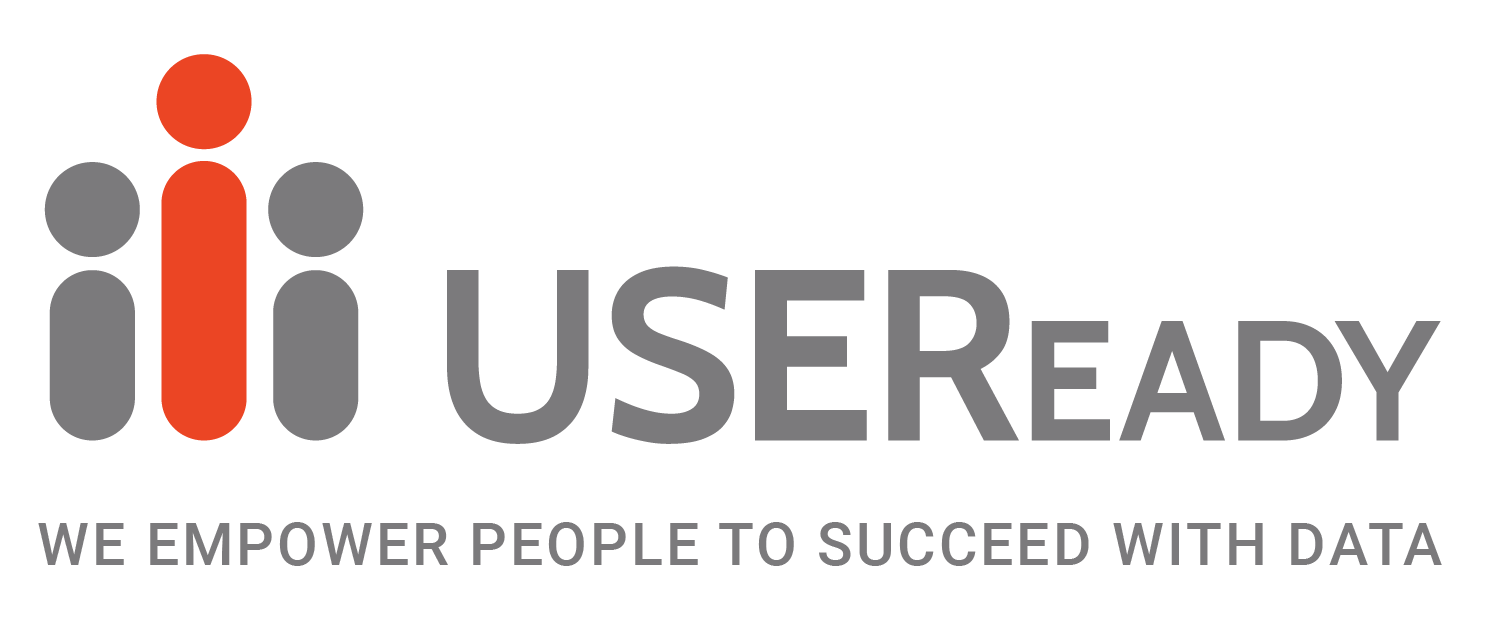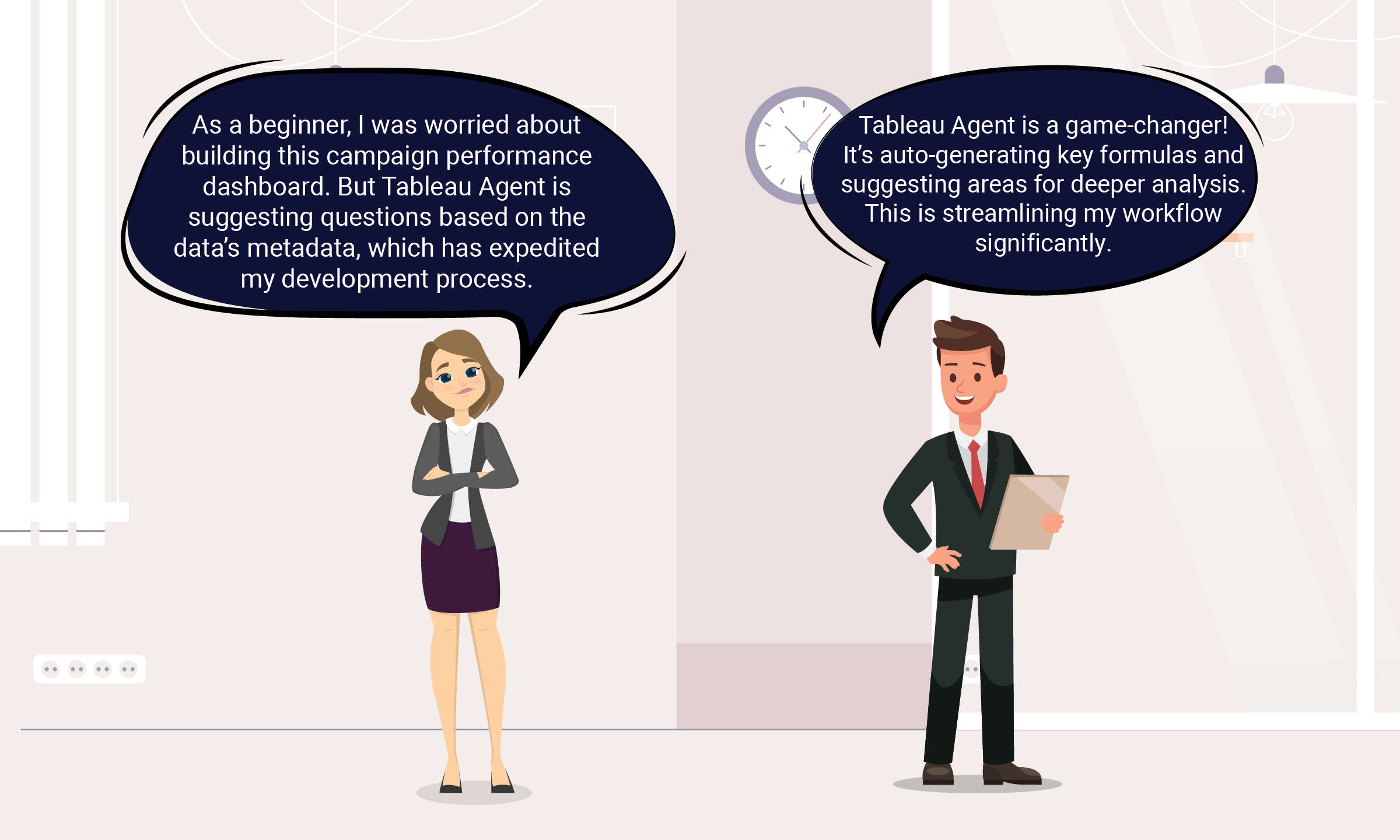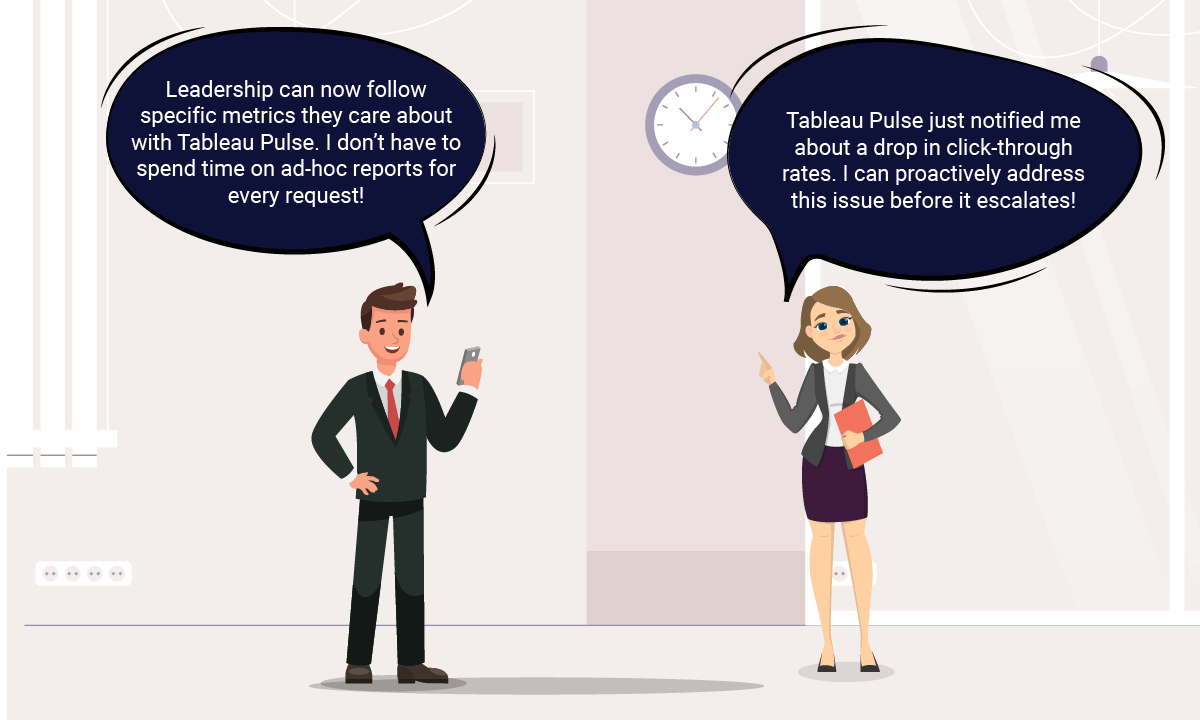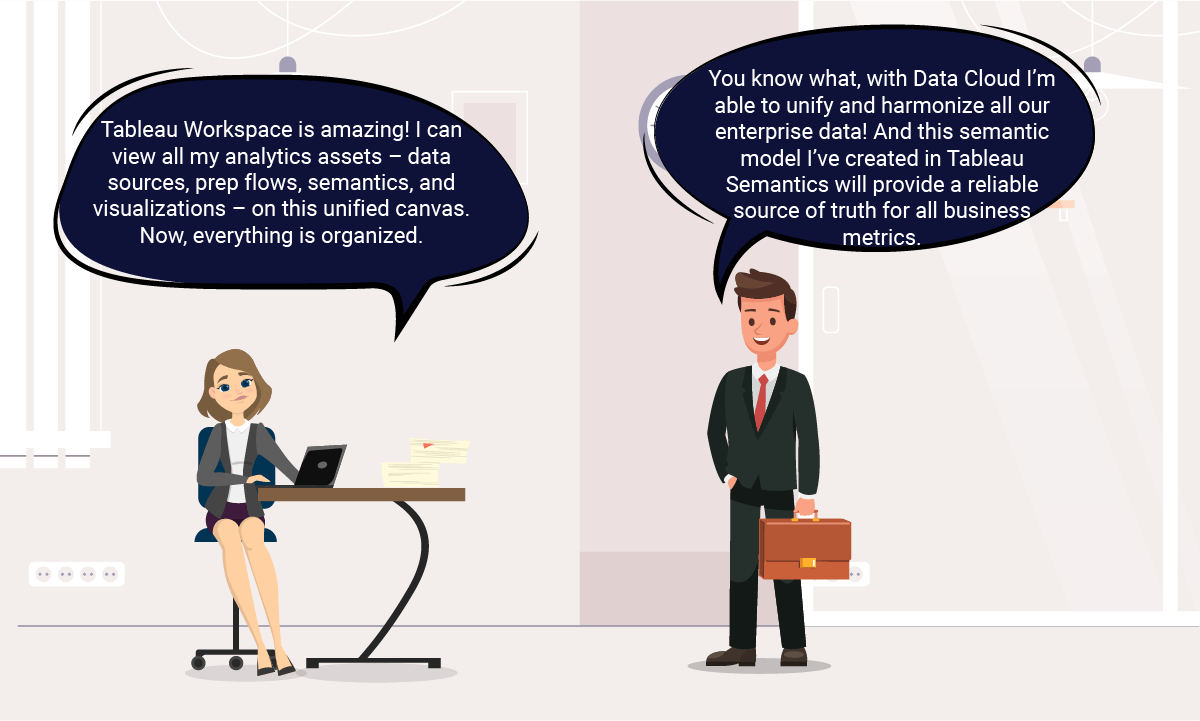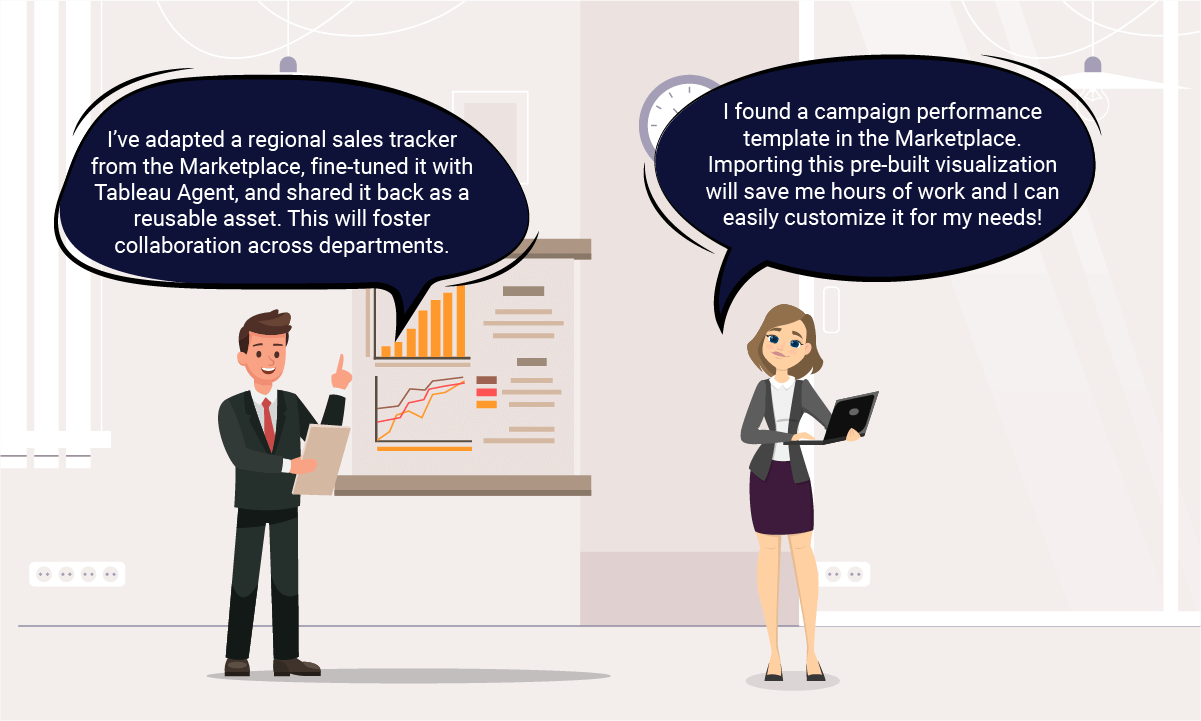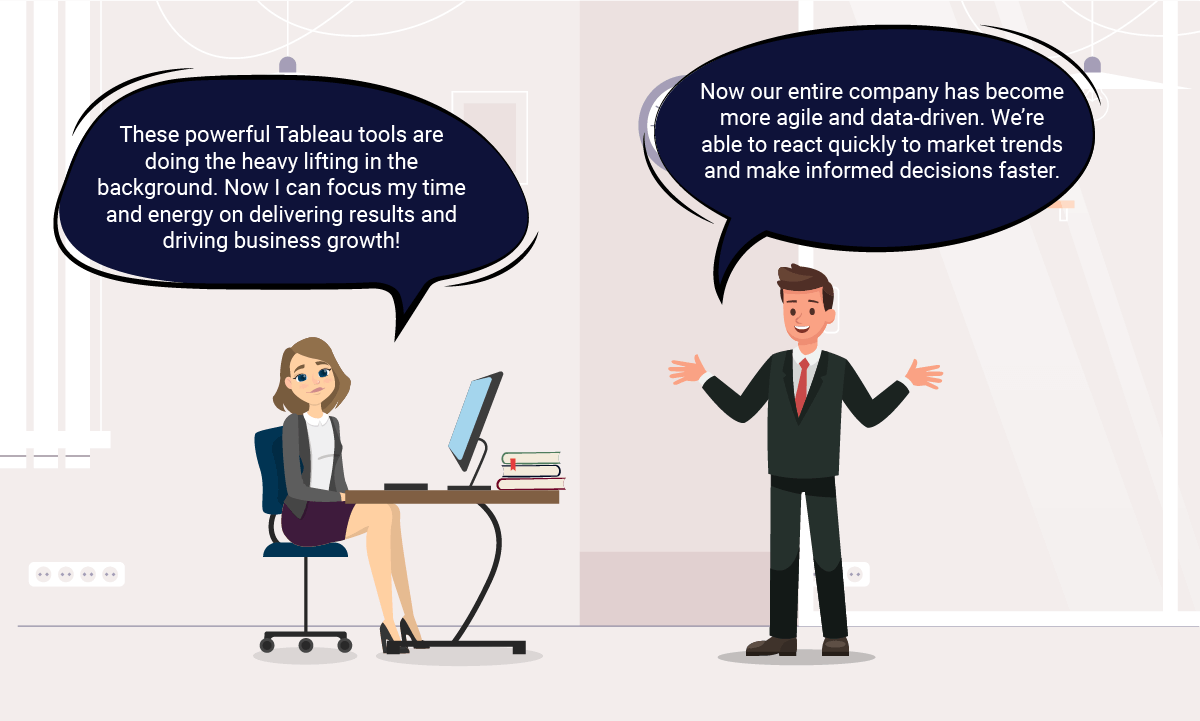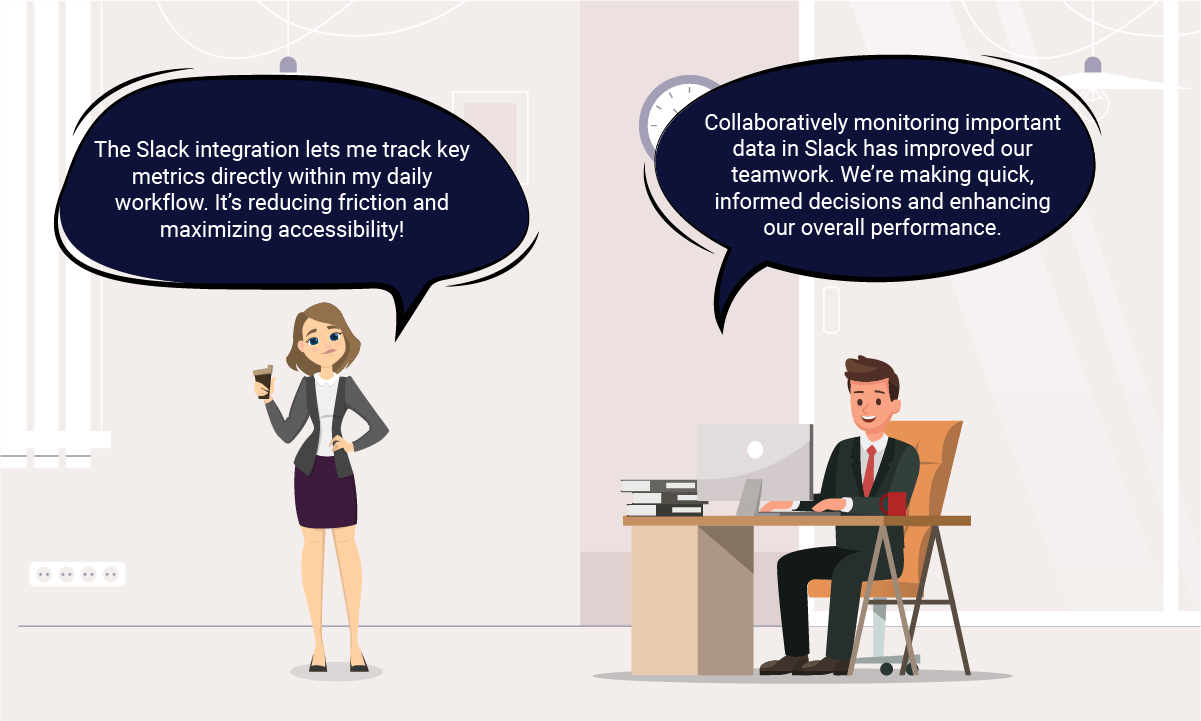The Power of Predictive Analytics for Smarter Decision-Making
Driving Business Impact through Advanced Data Analysis
Making Data-Driven Decisions with Tableau and Einstein
Benefits of Integrating Tableau with Einstein Analytics
How AI and Data Analytics are Revolutionizing Business
Key Features of Tableau and Einstein for Business Insights
Best Practices for Data-Driven Decision Making
Leveraging Predictive Analytics for Business Growth
Enhancing Data Visualization and Storytelling
Integrating AI for Deeper Data Analysis
Using Tableau for Real-Time Data Insights
With all the buzz around Dreamforce 2024, Salesforce unveiled the future of AI with Agentforce. AI has been a prominent topic at Dreamforce for years, but this year’s launch of Agentforce represents a significant turning point. We’ve moved from predictive AI to generative AI, and now to assistive and autonomous agents, merging humans, AI, data, and actions to enhance customer success.
The current challenge is that data exists across many different platforms, making it difficult to consolidate everything. This fragmented data landscape often leads to a lack of trust in the data and insights provided. Additionally, reusing analytical assets is currently not possible, meaning teams must start from scratch each time which further complicates governance and decision-making.
The Tableau keynote introduced a new product, “Tableau Einstein,” which emerged as the standout highlight of the event by addressing current challenges.
Introduction to Tableau Einstein
Tableau Einstein, built with Agentforce, is a reimagined analytics experience designed to address challenges in generating actionable insights. Here are a few common challenges it can solve:
- Gain autonomous insights and take action with Tableau Pulse, Agent, and Flow.
- Access trusted insights with Tableau Semantics.
- Get real-time access to unified data through Data Cloud.
- Explore reusable apps and agents in the Marketplace.
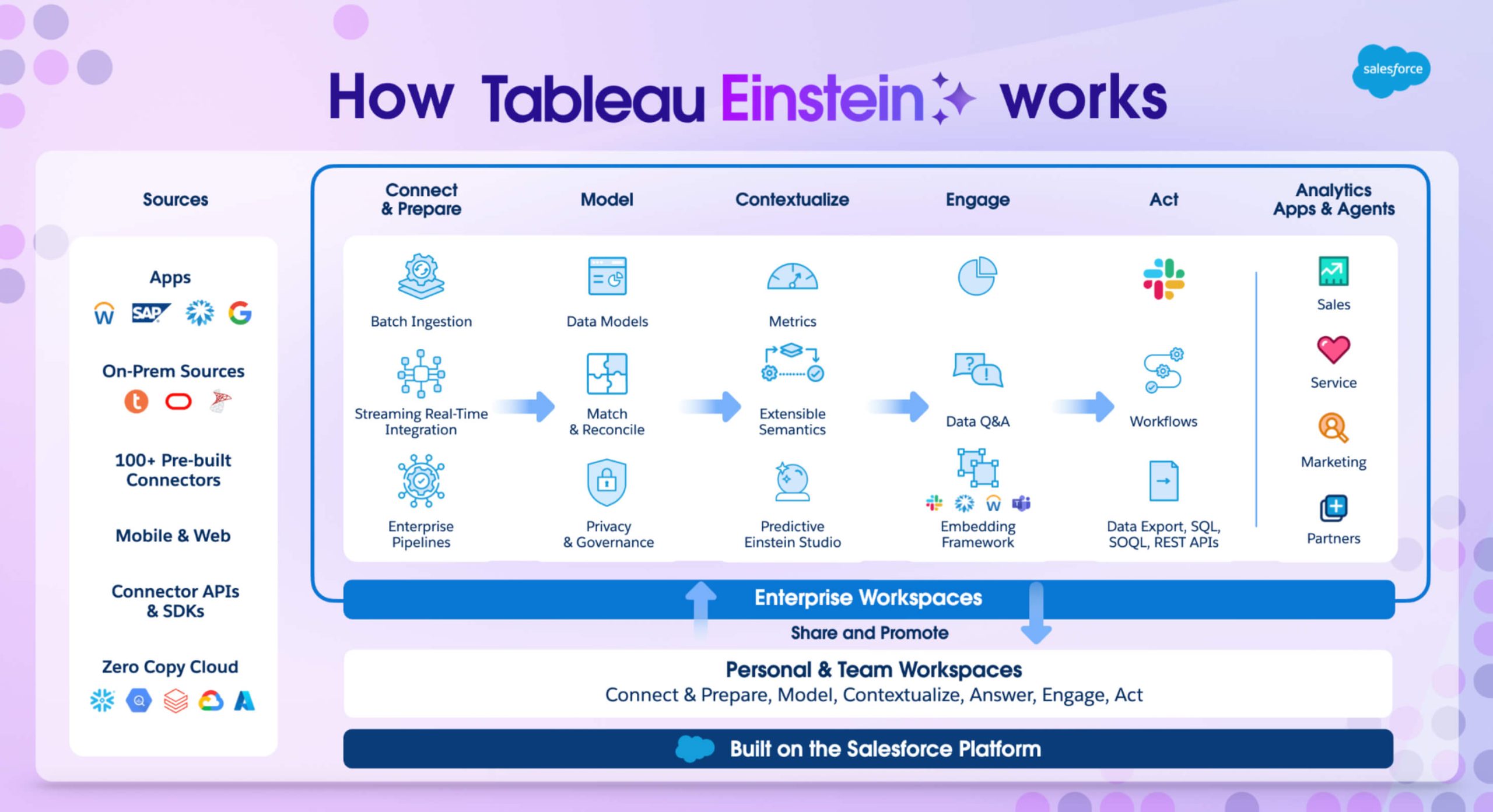
Tableau Semantics
Tableau Semantics is a new product which includes a semantic layer that simplifies data management and analysis. The semantic layer acts as an abstraction that maps complex data into familiar business terms (e.g., ROI, active users). It sits between the raw data layer and the consumption layer of BI tools.
The semantic layer ensures consistency across definitions, enhances governance, and supports AI integration for easier model creation. It improves performance and allows for complex queries while maintaining a single source of truth.
Tableau Pulse
Tableau Pulse enables real-time, automated KPI tracking, reducing the need for manual oversight and development time. It allows organizations to effortlessly monitor key metrics, freeing up teams to focus on strategic initiatives rather than chasing down data points.
By delivering metrics directly into users’ preferred communication tools (slack, teams or email), Tableau Pulse integrates data insights into daily workflows, making it easier for users to act on data without switching contexts.
Tableau Agent (formerly Einstein Copilot)
Tableau Agent is a true game-changer for data accessibility. It enables users of any technical skill level to interact with their data using natural language, offering novice users a valuable “kick-start” to their development while saving advanced users time by reducing the time spent crafting complex calculations.
This AI agent not only delivers instant insights and suggestions on which metrics to track but also streamlines exploratory data analysis by generating recommended questions based on the data source’s metadata.
Currently, this conversational AI agent is integrated into Tableau Prep, Tableau Catalog, and Tableau Web Editing on Tableau Cloud. As we saw during Dreamforce 2024, this feature will continue to evolve, seamlessly following users throughout their analytical journey and retaining the context of their interactions.
Workspace
A Workspace is a unified canvas that consolidates all analytics assets, including data sources, prep flows, semantic models, and visualizations. This revolutionary change fosters trust in your data by making everything visible and accessible directly on the canvas.
This enables collaborative building and sharing of analytical apps and models within a marketplace, making it accessible for both organizations and individual community members.
Composable Assets and Marketplace
Composable Assets are modular components that can be easily assembled, reused, and customized in various data analytics projects.
And with the introduction to Marketplace users can publish, share, and discover various analytical assets, including composable assets. It acts as a centralized hub for both internal and external stakeholders to access and leverage analytical apps and reuse them for their requirements.
User Journey with Tableau Einstein
Use cases are a great way to fully understand the value and importance of features and products since they serve as a bridge between theoretical product capabilities and practical, everyday applications. They help stakeholders understand not only the “what” but also the “why” behind adopting these products and features. Let’s explore a use case journey to illustrate the true impact of these new offerings.
Meet Sarah and David, two data analysts at a growing retail company who are about to embark on an exciting journey with Tableau Einstein.
Sarah is a newly hired marketing analyst, eager to learn but unsure where to begin. She’s tech-savvy but new to advanced data analytics. David is a seasoned Tableau user with years of experience. He’s always looking for ways to optimize his workflow and help his team work more efficiently. Let’s follow their story as they discover how Tableau Einstein’s new features help them with their daily tasks and transform their work experience.
As you can see, from overcoming initial challenges to achieving collaborative success, Sarah and David’s journey illustrates the power of Tableau Einstein in making data analytics more accessible, efficient, and impactful for users at all levels.
Conclusion
As we navigate the evolving landscape of data and AI, Tableau Einstein paves the way for a smarter and faster analytical experience. By leveraging the power of Agentforce, it drives actionable insights, enhances reliability, and enables the reuse of assets.
For Sarah and David, these features have transformed their daily tasks, empowering them to focus less on manual processes and more on strategic decision-making. But their journey is just one example—Tableau Einstein is transforming how organizations of all sizes approach data, fostering a culture of informed decision-making, enhanced collaboration, and robust data governance.
Tableau Einstein isn’t just about making analytics more accessible—it’s about revolutionizing the entire data experience, from ensuring reliability to unlocking new possibilities for innovation. Whether you’re a new analyst finding your footing or a seasoned pro optimizing your workflow, Tableau Einstein instills trust in data and drives meaningful, data-driven outcomes for the entire organization.
